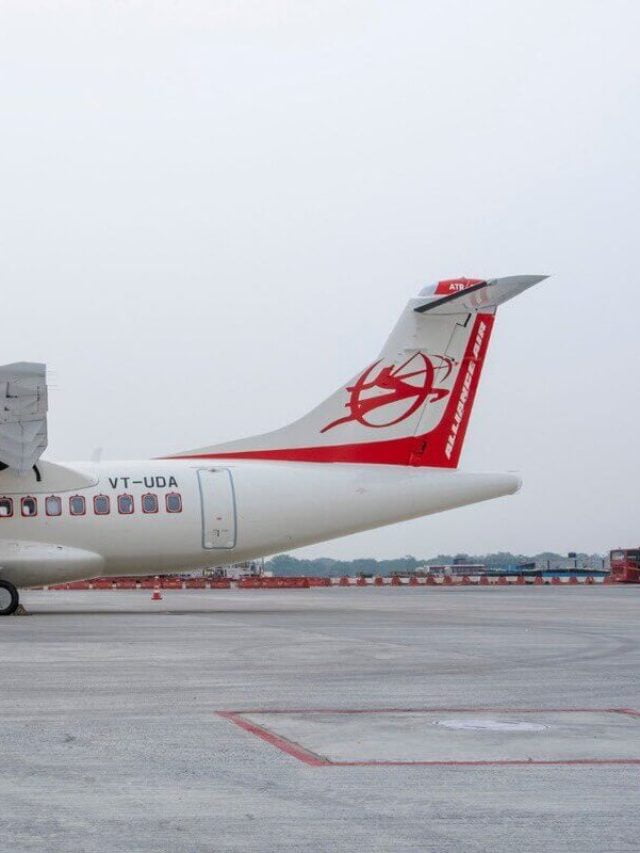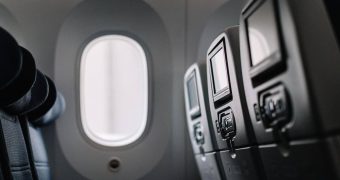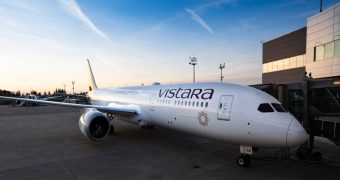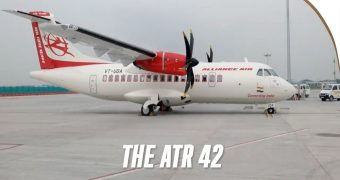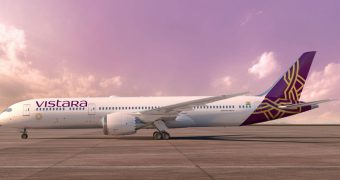
American aerospace manufacturer Pratt & Whitney and the Brazilian multinational aerospace manufacturer Embraer has signed a memorandum of understanding to partner on research studies concerning Sustainable Aviation Fuel (SAF). The technical teams of both companies will collaborate to define an integrated ground and flight test plan for 100% SAF in a GTF-powered Embraer E195-E2 aircraft.
The companies share the vision to reach net-zero CO2 emissions for air travel by 2050. SAF has a critical role in decarbonizing air travel by reducing the dependence on fossil-based fuels. They are made from renewable feedstocks, such as used cooking oil or municipal solid waste. They can reduce CO2 emissions by up to 80% relative to fossil-based jet fuel. Currently, ASTM International allows the aircraft to operate with SAF blended with 50% kerosene. Collaborations and further researches would soon enable to certify operation with 100% SAF.
Target is net-zero CO2 emissions by 2050
Pratt & Whitney has been a lead player in SAF testing and certification for more than 20 years. “Through our constant pursuit of more efficient aircraft propulsion technologies, we are determined to support our customers in achieving their goal of net-zero CO2 emissions by 2050, and will ensure that our engines will be ready for operation with 100% SAF,” said Graham Webb, Chief Sustainability Officer at Pratt & Whitney.
“We will strategically continue to support 100% SAF flight tests for key customers that expand SAF uptake, including partnering with Embraer to test the E-Jets E2 aircraft on 100% SAF as part of their 2050 net-zero emissions target,” he added.
The Embraer E195-E2 aircraft are powered by Pratt & Whitney GTF engines. They offer more than 24% better fuel efficiency and lower CO2 emissions per seat than the previous generation E195. Pratt & Whitney powers a range of other Embraer aircraft, including the Phenom 300 and 100 series executive jets and the C-390 Millennium military transport aircraft, which uses IAE V2500 engines.
“Embraer has a recognized track record of innovation in sustainable fuels, which includes the industry’s first certified ethanol-powered aircraft in 2004, and collaboration is an essential pre-requisite for our industry to achieve our environmental goals. We are delighted to partner with Pratt & Whitney towards this critical task of enabling aircraft operation with 100% SAF,” said Arjan Meijer, President and CEO, Embraer Commercial Aviation.
